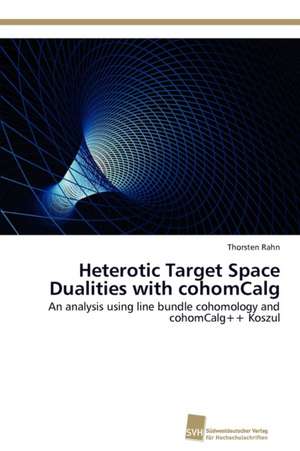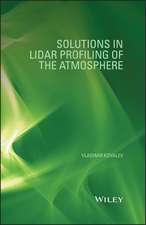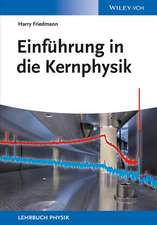Heterotic Target Space Dualities with Cohomcalg: Measurement and Source Allocation
Autor Thorsten Rahnen Limba Engleză Paperback – 8 iul 2015
Preț: 545.58 lei
Preț vechi: 593.02 lei
-8% Nou
Puncte Express: 818
Preț estimativ în valută:
104.41€ • 108.60$ • 86.20£
104.41€ • 108.60$ • 86.20£
Carte tipărită la comandă
Livrare economică 14-28 aprilie
Preluare comenzi: 021 569.72.76
Specificații
ISBN-13: 9783838133935
ISBN-10: 3838133935
Pagini: 232
Dimensiuni: 152 x 229 x 13 mm
Greutate: 0.35 kg
Editura: Sudwestdeutscher Verlag Fur Hochschulschrifte
ISBN-10: 3838133935
Pagini: 232
Dimensiuni: 152 x 229 x 13 mm
Greutate: 0.35 kg
Editura: Sudwestdeutscher Verlag Fur Hochschulschrifte
Notă biografică
Dr. Thorsten Rahn started his studies in 2003 at the University of Hanover. 2007 he went to the University of Adelaide, where he was awarded the Graduate Certificate in Physics. After finishing his Diploma in 2009 at the Institute for Theoretical Physics in Hanover he moved to Munich and got his PhD at the Max Planck Institute for Physics in 2012.



